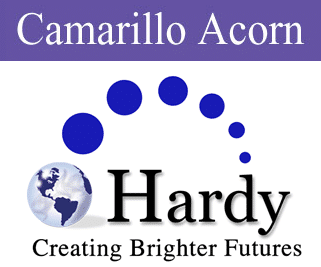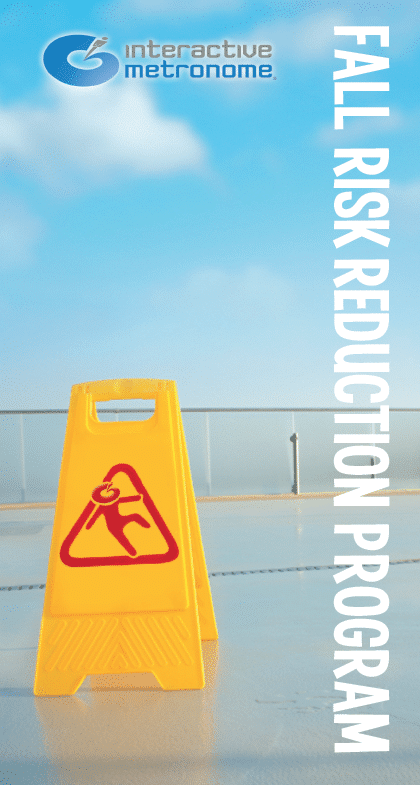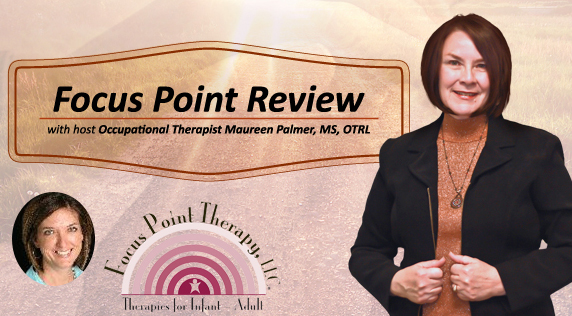 Brain training helps Topeka child with ADHD
Brain training helps Topeka child with ADHD
When Aaron Davis hears a beat his brain fires a reaction to his hands or his feet. When his parents, Richard and Brenda, see the mental to physical connection, they remember at one time the simple task was impossible. Richard says, "We get emotional. It's incredible, the difference."
A year ago, Aaron struggled in school, lacked social interaction, and seemed to be in a world of his own. Brenda says, "We were told he had a wheat allergy and he had a gluten allergy and to take all of that out of his diet. So we did that for a month and there was no improvement. Then we were told the natural food market has these wonderful vitamins and that will help. We tried that and nothing worked."
Doctors then told Richard and Brenda their son had Attention Deficit Hyperactivity Disorder or ADHD. The solution: medication. But Richard says, "He was still struggling in school, he was still behind."
Nothing made Aaron better. Just when the family had given up all hope, a friend suggested Interactive Metronome. A program that retrains the brain. Doctors say IM uses a repetitive exercise that changes or remaps neurons in a certain part of the brain resulting in a change in behavior. Brenda says, "The first time he went to IM, that night, we already saw a difference."




 Donna Abler, a holistic occupational therapist, is accepting summer registrations to help children overcome motor, behavioral and cognitive challenges associated with attention-deficit and hyperactivity disorder (ADHD) and learning disabilities (LD) through a natural, drug-free approach. Developed in the early 1990s, Interactive Metronome (IM) is a computerized, brain-based therapy tool that has gained national attention as a breakthrough intervention to support processing abilities in the brain, including language, motor and cognition skills. Its effectiveness is backed by clinical research…
Donna Abler, a holistic occupational therapist, is accepting summer registrations to help children overcome motor, behavioral and cognitive challenges associated with attention-deficit and hyperactivity disorder (ADHD) and learning disabilities (LD) through a natural, drug-free approach. Developed in the early 1990s, Interactive Metronome (IM) is a computerized, brain-based therapy tool that has gained national attention as a breakthrough intervention to support processing abilities in the brain, including language, motor and cognition skills. Its effectiveness is backed by clinical research… Brain training helps Topeka child with ADHD
Brain training helps Topeka child with ADHD
